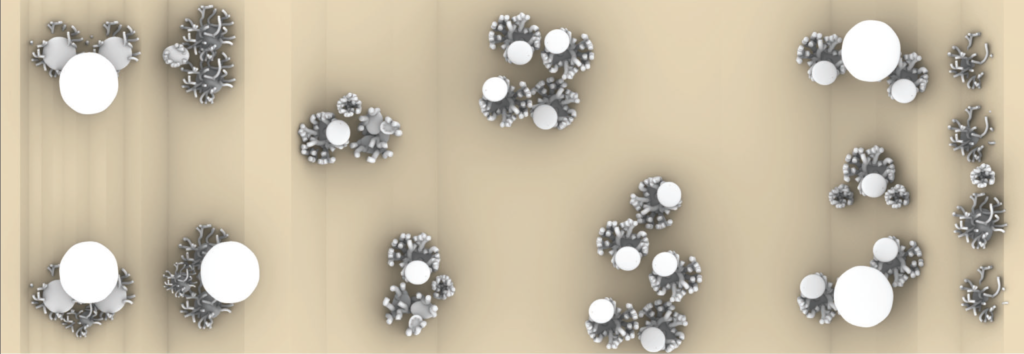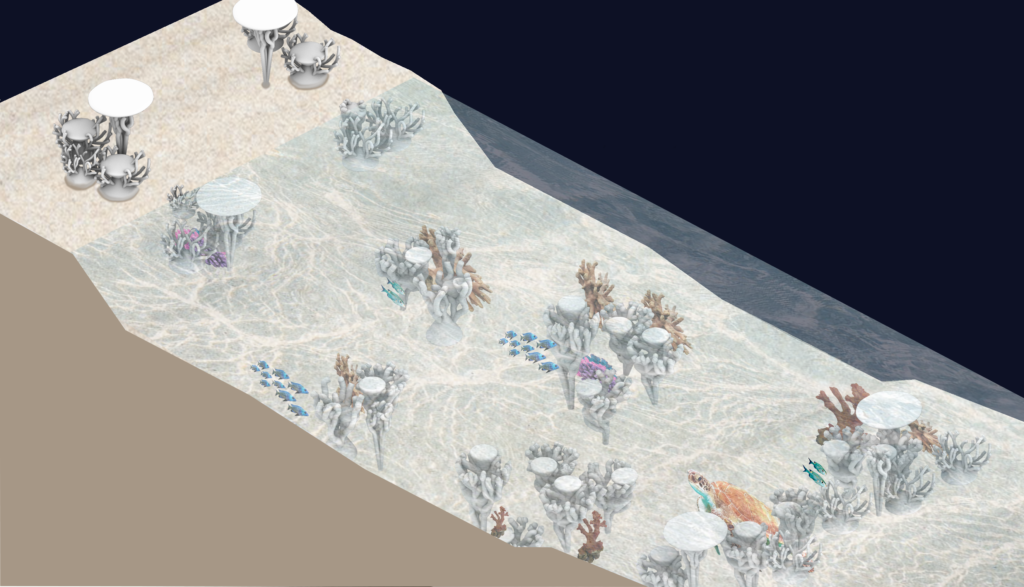The recent climate changes are affecting key elements of our ecosystem such as tropical forest, deserts, and coral reefs. Corals are living organisms, closely related to jellyfish that live in colonies. The size of those colonies can vary, the largest coral reef to date, the great barrier is estimated to stretch over 2300 kilometers. There are around 6000 different species of corals around the world that can be categorized into two types: hard corals and soft corals. The single units that populate these colonies are referred to as coral polyps. The threshold for reef survival is very slim. The optimal temperature for coral is between 23 and
29 degrees celsius and can only grow in a PH between 8.1 and 8.4. Throughout the years many researchers and designers have collaborated to counteract reef extensions by designing artificial ones. Projects like Coral Carbonate engineered 3D printed scaffolds that are meant to populate the oceans and house the aquatic lives that live within the reefs. In an effort to push this line of research, Beyond Corals will focus on creating ecosystem pods.

Healthy coral reefs provide:
– Habitat, feeding, spawning, and nursery grounds for
over 1 million aquatic species, including commercially
harvested fish species.
– Food for people living near coral reefs, especially on
small islands.
– Recreation and tourism opportunities, such as fishing,
scuba diving, and snorkeling, which contribute billions
of dollars to local economies.
– Protection of coastal infrastructure and prevention of
loss of life from storms, tsunamis, floods, and erosion.
– Sources of new medicines that can be used to treat
diseases and other health problems.
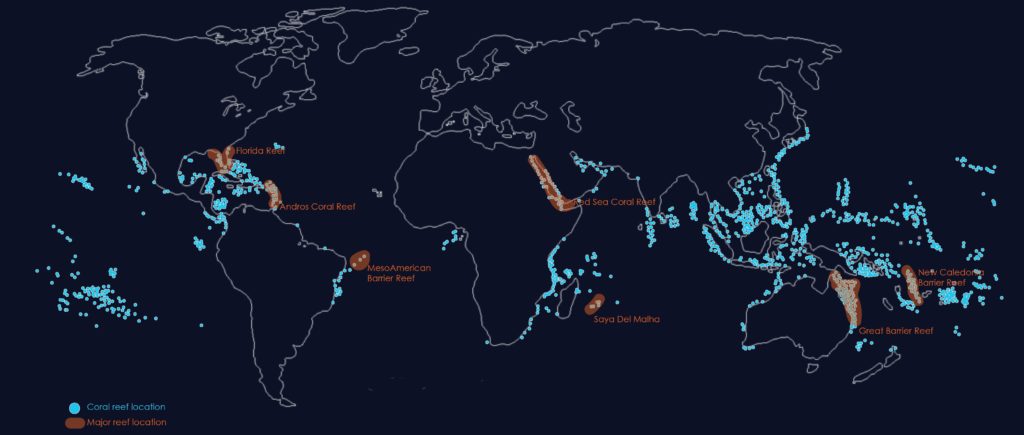

- Coral skeletons are made of aragonite, a form
of calcium carbonate. Corals grow their skeletons
upward by stacking bundles of aragonite
crystals on top of each other.
- Laboratory experiments and field studies have
been ambiguous, showing clear impacts of
ocean acidification on skeletal growth in some
cases but not in others. The new research
suggests this inconsistency reflects the complexity
of coral skeleton growth.
- The pH value is an important value in reef keeping
which often is neglected. The optimum pH
value for a reef tank is between 8.1 and 8.4, and
preferably as stable as possible.
Framework
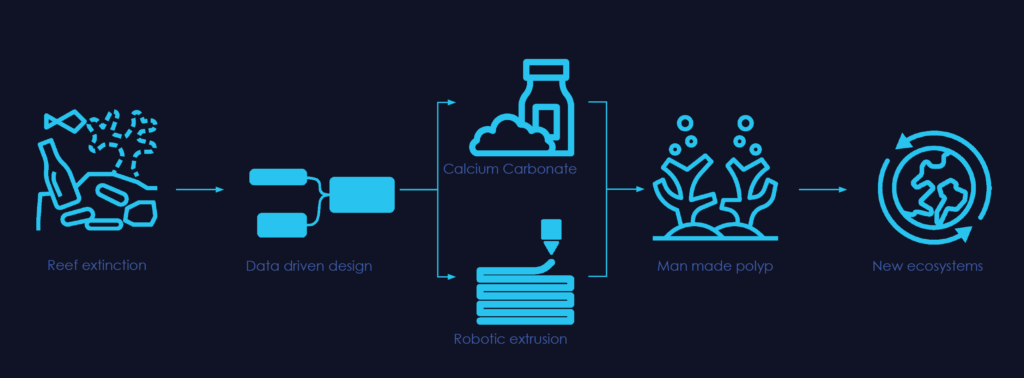
Material testing
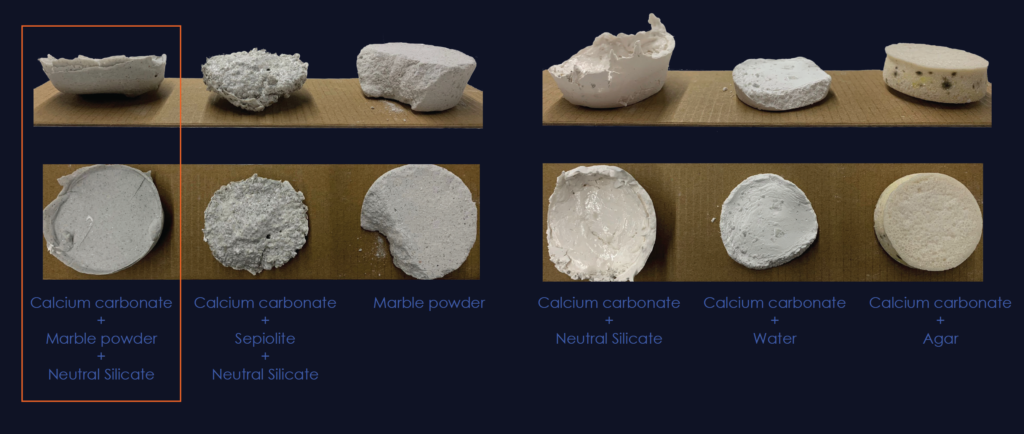
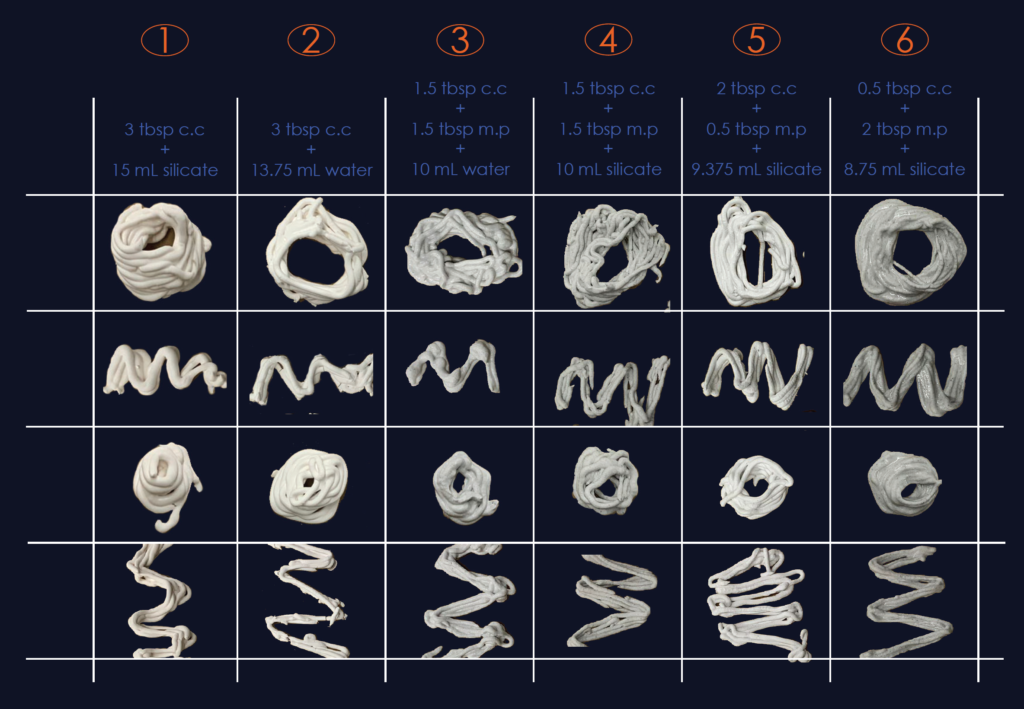
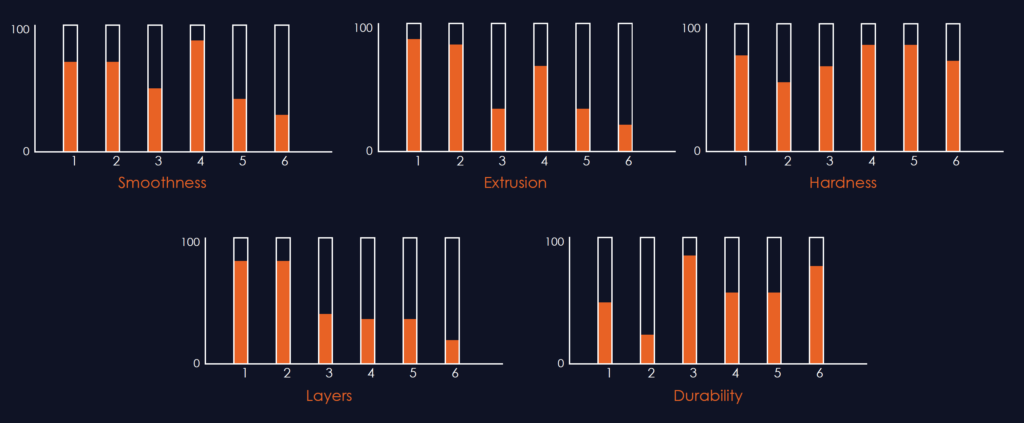
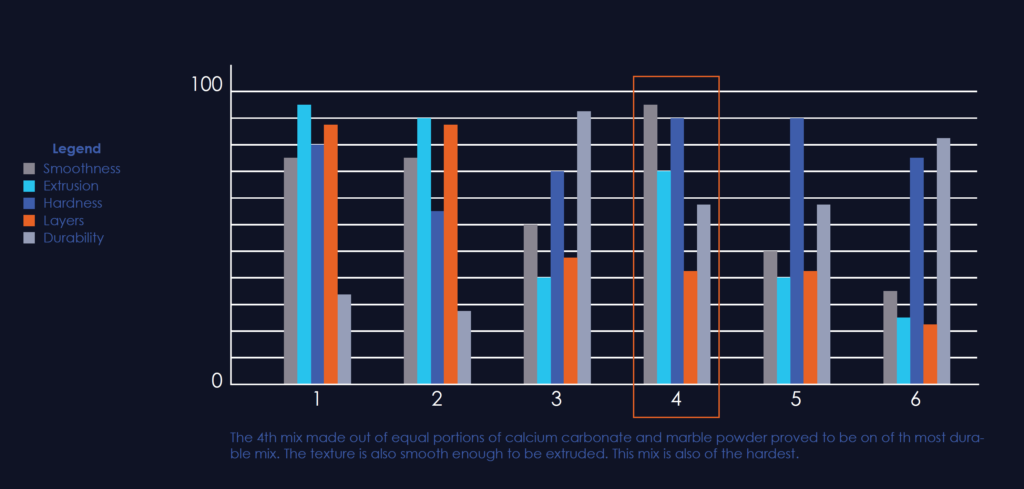
Extrusion test
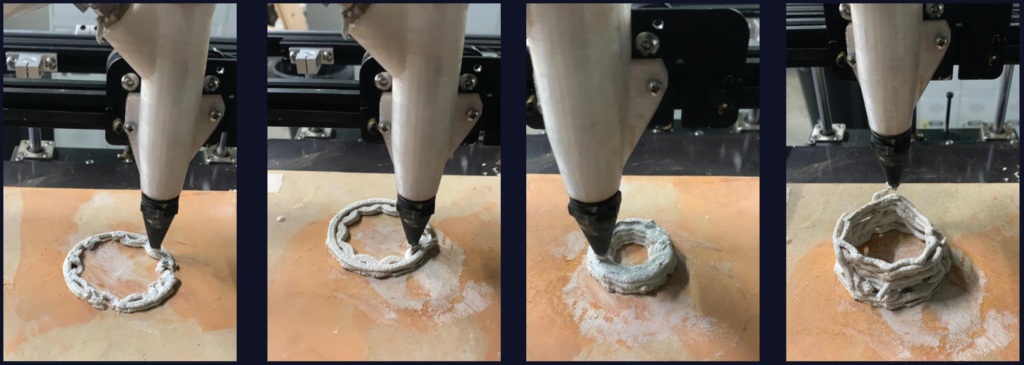
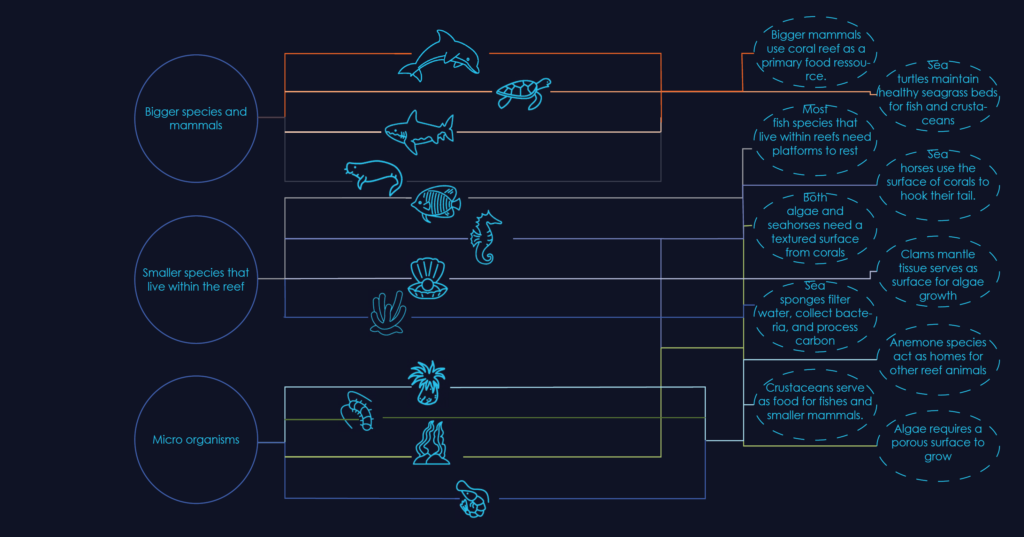
Catalogue
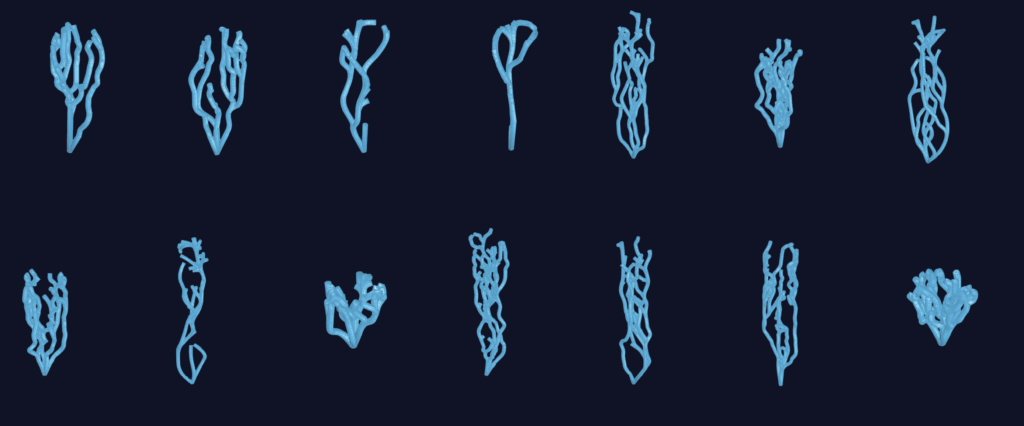
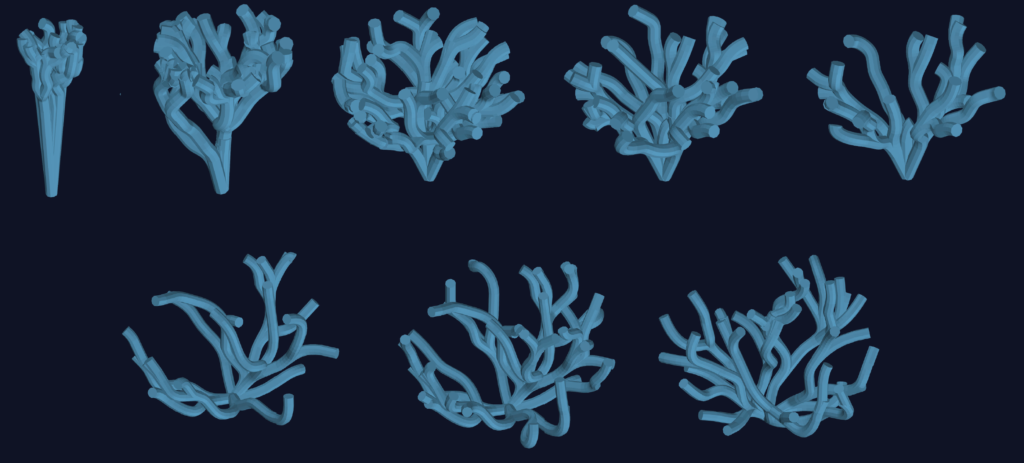
Final iteration
